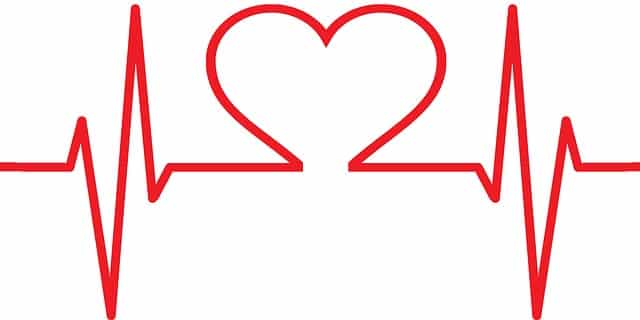When you go to the doctor for a consult, your goal is to give them all the necessary details they need to make the right diagnosis.
Even if you may experience vague symptoms, such as a dull ache or dizziness, you can still describe them so that the doctor can better understand what the cause might be.
Receiving the right medical diagnosis is key to getting the right treatment so you can restore your health as soon as possible.
Here’s what you need to keep in mind for your next doctor visit.
1. Write Down Your Symptoms
Very frequently, people forget to tell their doctor about a particular symptom they’ve experienced and so they may remember it after the appointment is over.
Because of this, you need to write down every symptom you’ve had prior to meeting with the doctor so they can get the full picture.
2. Be Accurate and Descriptive
When describing a symptom, people have the tendency to be vague, but this will be detrimental for the doctor that needs to give the right medical diagnosis.
If you experienced a pain, be specific about it by using descriptive words such as sharp, dull, stabbing, or throbbing. You also want to explain where the pain was exactly located (don’t say leg; instead, say the back of the knee), when it occurred, how long it lasted, how frequently did it happen or what you were doing before you experienced it.
You may be tempted to diagnose yourself while describing your symptoms, but it’s best to avoid that. After all, the doctor is the expert here, so you need to explain to them all the symptoms without making a conclusion before they’ve heard the entire story.

3. Be Honest
Honesty is the best policy, especially when it comes to the relationship patient-doctor. If you’re not being honest with your doctor, then it will be so much harder for them to make the right diagnosis.
Doctors are trained professionals, so you don’t need to feel embarrassed about anything because they’ve probably seen it all. Also, remember that any information you share with them is confidential.
4. Talk About Your Medical History
If you’re seeing a new doctor, then you need to discuss with them about your medical history and your family’s. They should be aware of any illnesses you’ve had in the past, if you’re suffering from any conditions right now, or if you’re taking any medication.
All of these details can affect not only the final medical diagnosis, but also the treatment you’re going to get.
Certain conditions carry a genetic component, so the doctor needs to know whether they run in your family or not.
Check your Symptoms Before Your Doctor’s Appointment

Forget about googling your symptoms – now there’s a more precise and accurate way for you to check your symptoms.
Diagnosio uses artificial intelligence and machine learning to perform intelligent estimates from thousands of documented diagnoses and millions of previous queries.
Our tool represents a more intelligent way of investigating your symptoms and getting an accurate response.
Start your free trial here and get 3 free diagnostic examinations.

